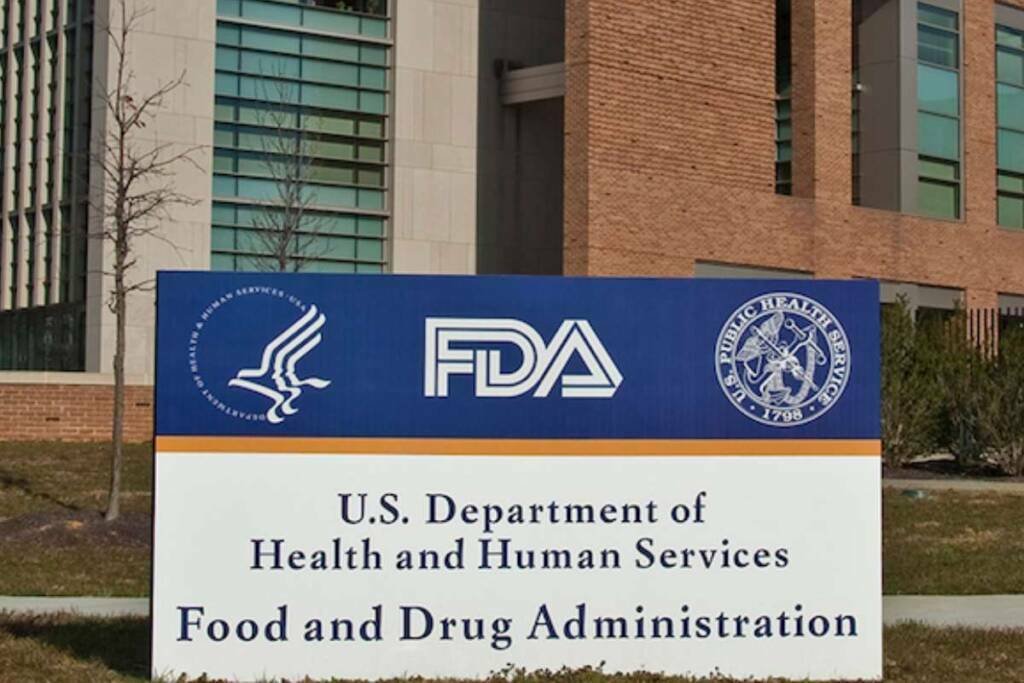During a two-day-long FDA meeting, a panel of advisors deliberated over competing proposals for novel renal denervation therapies, ultimately granting a positive assessment to Otsuka’s ReCor Medical division and narrowly rejecting the application from industry giant Medtronic.
Both companies are vying for a share in what they perceive as a potential multibillion-dollar market by offering drug-free, single-shot procedures to tackle resistant high blood pressure cases unresponsive to traditional medications.
Renal denervation targets the overactive nerves along blood vessels leading to the kidneys, aiming to weaken signals to the brain and cardiovascular system, ultimately alleviating drug-resistant hypertension and associated risks of heart disease and stroke.
Although Medtronic and ReCor have secured approvals in Europe, their journey to introduce the therapy in the US has been arduous. Both firms faced clinical trial endpoint misses in the past, with Medtronic encountering setbacks in 2014 and ReCor more recently in trials conducted in Japan and Korea.
Medtronic returned with a redesigned Symplicity Spyral ablative catheter in 2020, demonstrating an average systolic blood pressure drop of 6.5 mmHg three months after the procedure. Meanwhile, ReCor, acquired by Otsuka in 2018, showcased an 8 mmHg reduction in daytime systolic blood pressure after two months using its ultrasound-powered Paradise system.
At the FDA meeting, both companies presented their devices and data, seeking approval. The FDA’s cardiovascular device advisory group deemed both devices safe, but concerns were raised about their effectiveness.
ReCor’s Paradise system secured an 8-to-3 vote in favor of efficacy and a 10-to-2 vote that its benefits outweighed risks. Medtronic’s Symplicity Spyral received a narrower 7-to-6 vote for effectiveness, and after a 6-to-6 tie on risk-benefit balance, the panel chair’s vote against a recommendation for approval broke the deadlock.
While advisory panel recommendations are not definitive, the FDA often considers them before making a final clearance decision. Medtronic conducted two major studies with Symplicity Spyral, one with patients off blood pressure medications for three months and another with stable medication regimens for at least six months post-surgery.
ReCor presented data from three randomized controlled studies, with both companies demonstrating success off-medication and challenges on-medication. The FDA’s briefing documents highlighted potential confounding factors and called for further clarification on patient subgroups likely to benefit.
“We are thankful to the FDA and advisory committee members for the thoughtful review and discussion of the Paradise system for the treatment of uncontrolled hypertension. We will continue to work closely with the FDA in advance of our anticipated PMA approval and feel confident in the impact that Paradise Ultrasound RDN could have in addressing a significant unmet need.”
– Lara Barghout, President and Chief Executive Officer, Recor Medical
As the companies await the FDA’s final verdict, the outcome will shape the landscape of renal denervation therapies and their potential impact on addressing persistent high blood pressure.





























